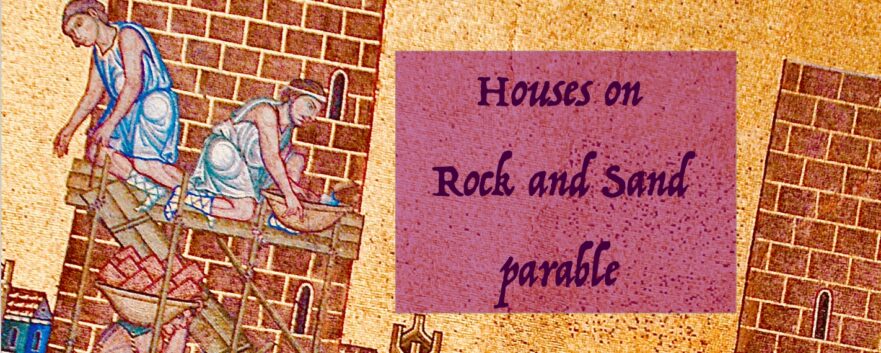The choice is between doing what Jesus says or letting everything fall into ruin.
Heaven and Earth Pass Away

Jesus claimed his interpretations would bring out the true intention of the Torah’s commandments without rendering a single verse, word, letter, or even pen stroke superfluous.
The Torah in the Sermon on the Mount
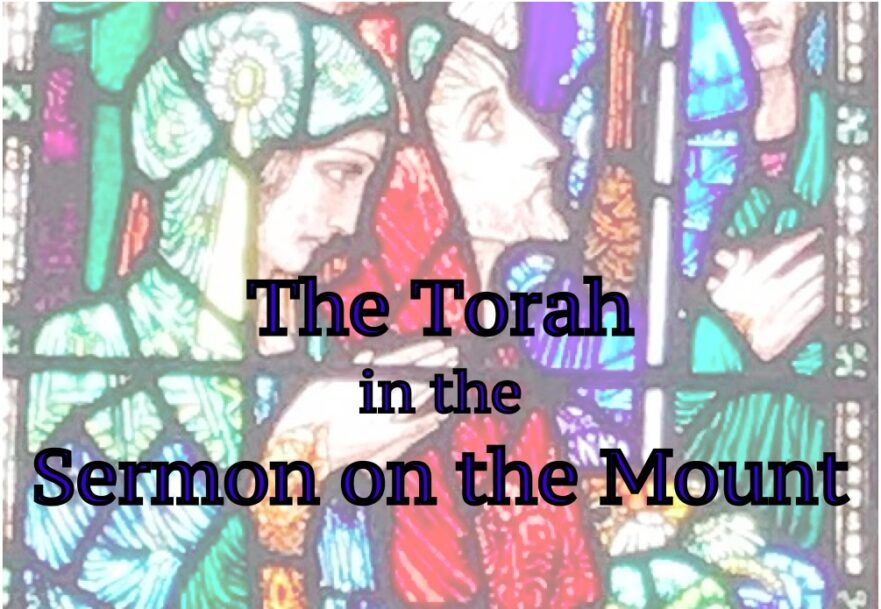
Neither in his personal conduct, nor in the Sermon on the Mount, did Jesus consider himself to be superior to the Torah’s commandments.
“Torah and the Kingdom of Heaven” complex
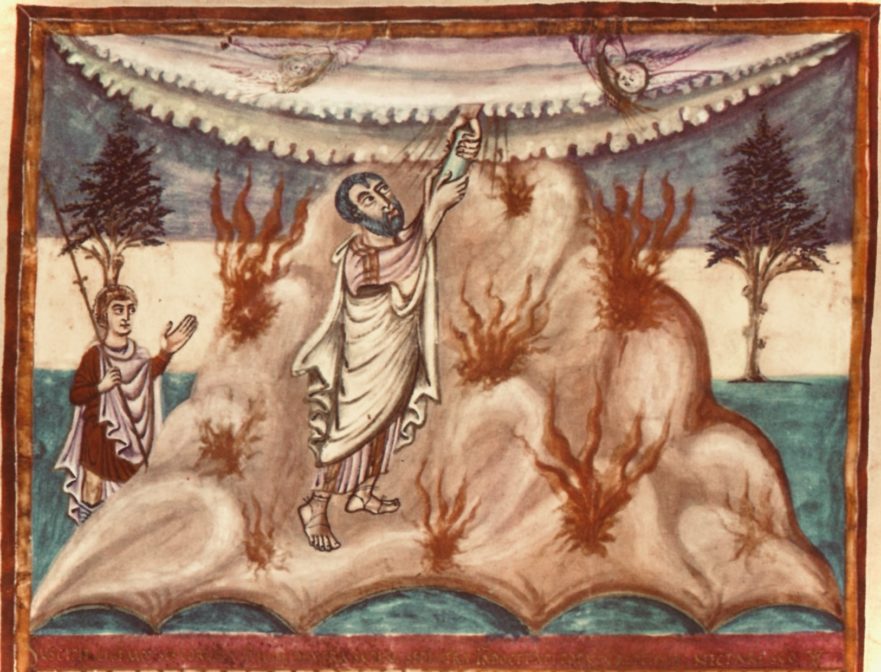
Examining how the author of Matthew constructed the Sermon on the Mount and recovering the sermon Jesus preached, which lies behind it.
Teaching with Authority: The Development of Jesus’ Portrayal as a Teacher within the Synoptic Tradition
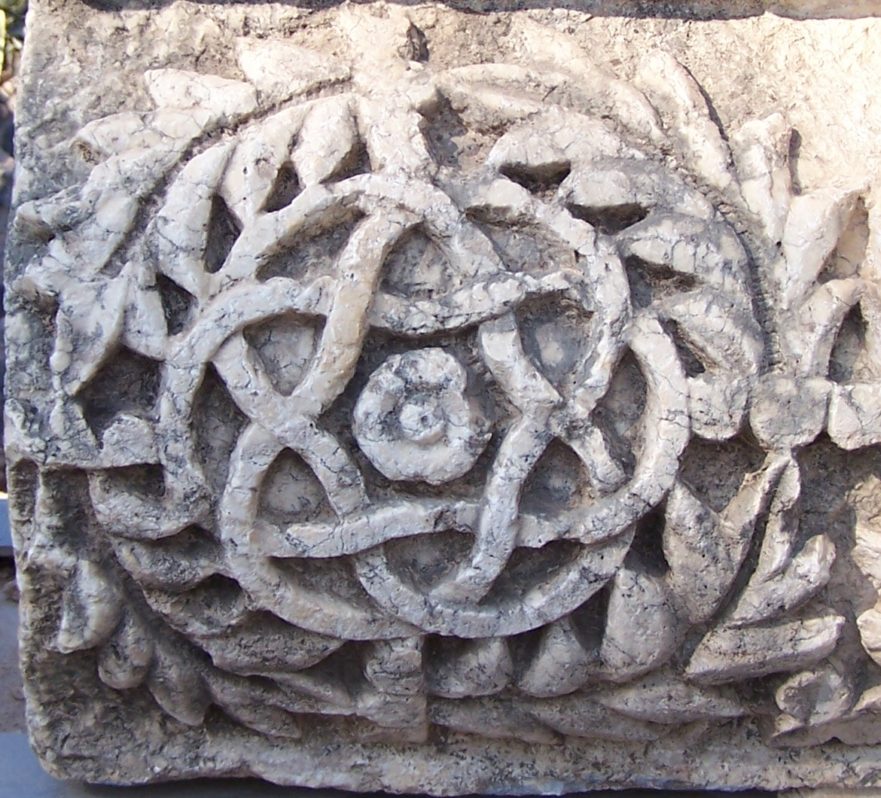
When Jesus’ teaching is falsely portrayed as entirely new, it obscures what in Jesus’ message is truly unique.
An Almost Unknown Hanina ben Dosa Story and Jesus: Exemplars of First-century Galilean Hasidic Judaism
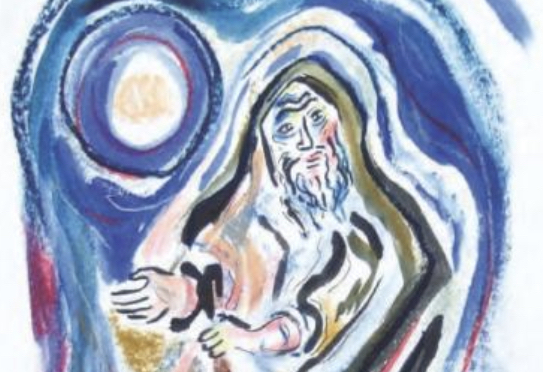
This story shows Hanina ben Dosa, one of the most important religious figures in Jewish history, exemplifying some of Jesus’ most profound and radical teachings.
Is Yeshua Superior to the Law? Reappraising the Antitheses in Matthew 5
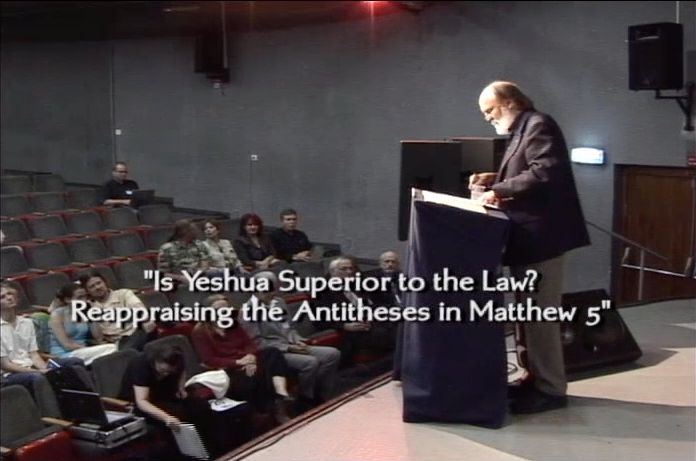
The complete 2006 lecture is now accessible to JP users. View now!
Yeshua’s Discourse on Worry

In Yeshua’s Discourse on Worry Jesus confronted one of the most serious concerns of the disciples: how would their basic needs be met now that they had given up their possessions and livelihoods in order to itinerate full-time with Jesus?
Praying Like Gentiles
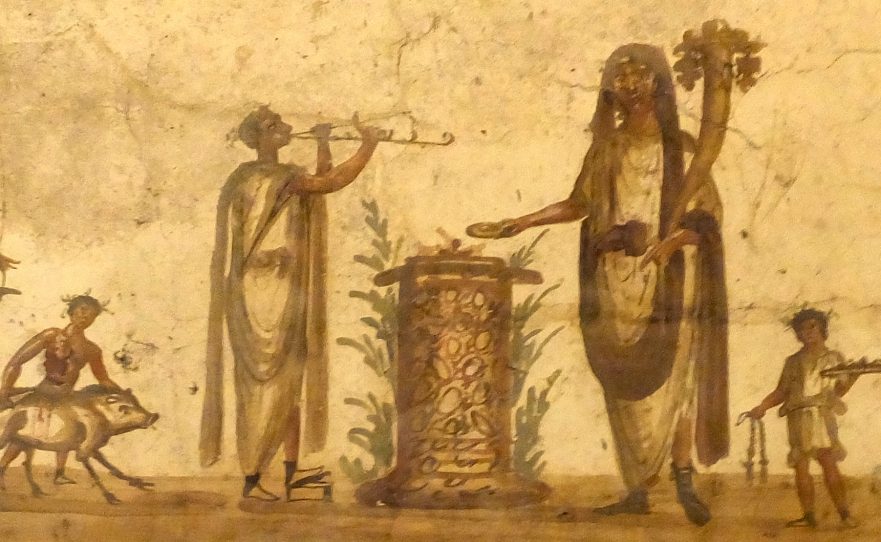
What can Jesus’ warnings against praying like Gentiles teach us about Jesus’ relationship to Second Temple Judaism and his attitude toward non-Jews?
The Didache and its Relevance for Understanding the Gospel of Matthew

In this article, Professor Huub van de Sandt introduces readers to the fascinating treatise called the Didache, and discusses how this early Christian document, which was based on an earlier Jewish source, helps us understand the Gospel of Matthew.
The Significance of Jesus’ Words “Not One Jot or One Tittle Will Pass from the Law” (Matt. 5:18)

“Jot” and “tittle” are not everyday words in English. What do they mean and how should Jesus’ words in Matthew 5:18 be understood? Jerusalem Perspective‘s editor-in-chief, David Bivin, tackles these questions on behalf of a subscriber’s request for help.
“It Is Said to the Elders”: On the Interpretation of the So-called Antitheses in the Sermon on the Mount
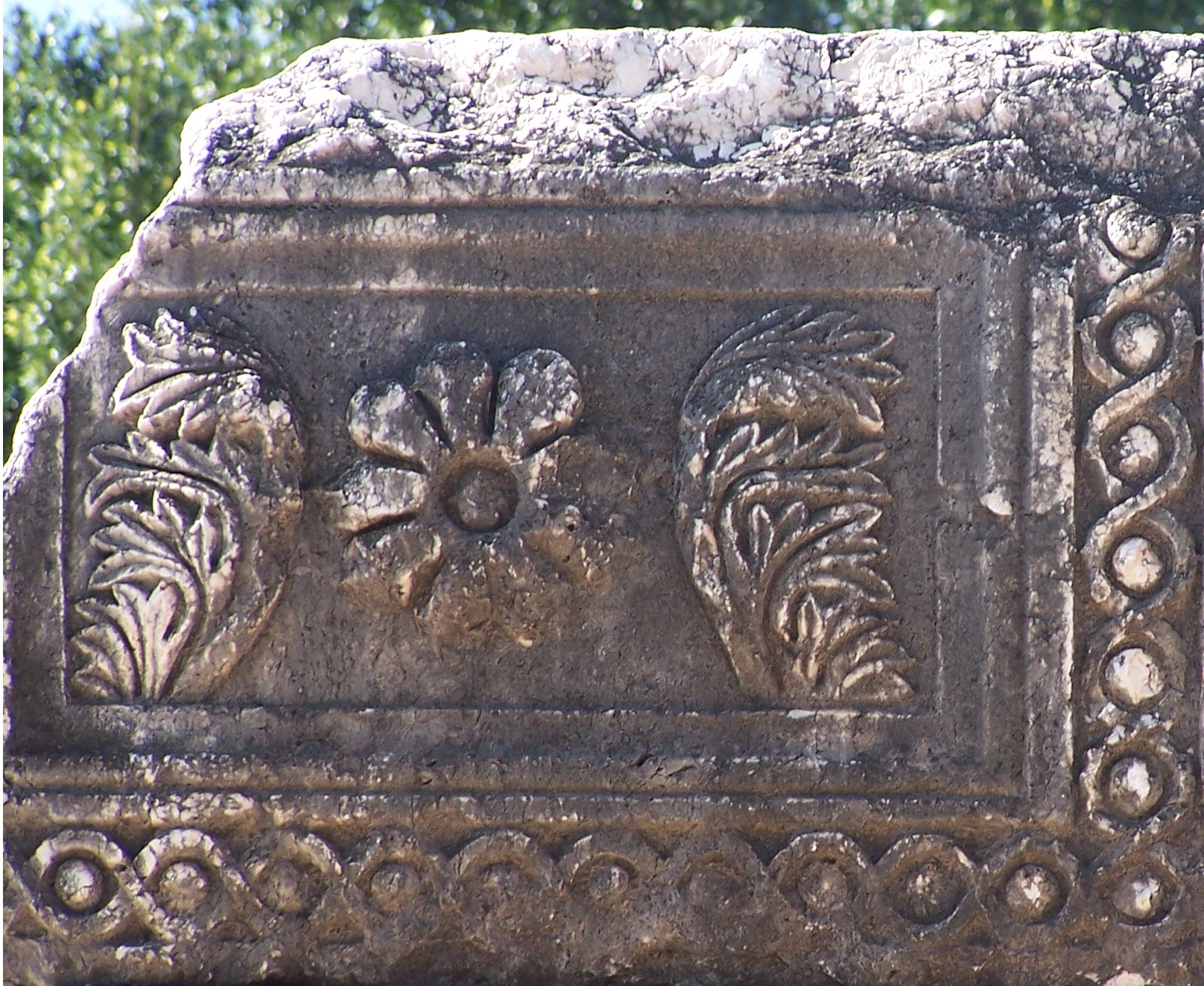
Jesus’ Sermon on the Mount deserves endless study, and the more one studies ancient Jewish sources, the clearer the meaning of these words of Jesus becomes.
Gentiles Demand All These Things

Jesus’ homily on worry (Matt. 6:25-34 ∥ Luke 12:22-31) is compared with two other ancient Jewish texts. All three sources describe gentiles as people obsessed with the basic necessities of food and drink and clothing.
Matthew 5:19: The Importance of “Light” Commandments
In the modern Hebrew translation that was published by the Israeli Bible Society in 1976, and revised in 1991 and 1995, Matthew 5:19 was rendered “…ha-mitsvot ha-ketanot…katon yikare’…gadol yikare’…” (the small commandments…small [smaller, smallest] he will be called…big [bigger, biggest] he will be called). It is highly probable, however, that in this context Jesus was speaking about mitsvot kalot (light commandments) and not about mitsvot ketanot (little or small commandments).
If Your Eye Be Single

In Matt. 6:322, where you would expect to find the idiom, “good eye,” the adjective used in our saying is not καλός (kalos, “good,” “pleasant”) but ἁπλοῦς (haplous, “single,” “simple”).
What Did Jesus Mean by “Do Not Judge”?
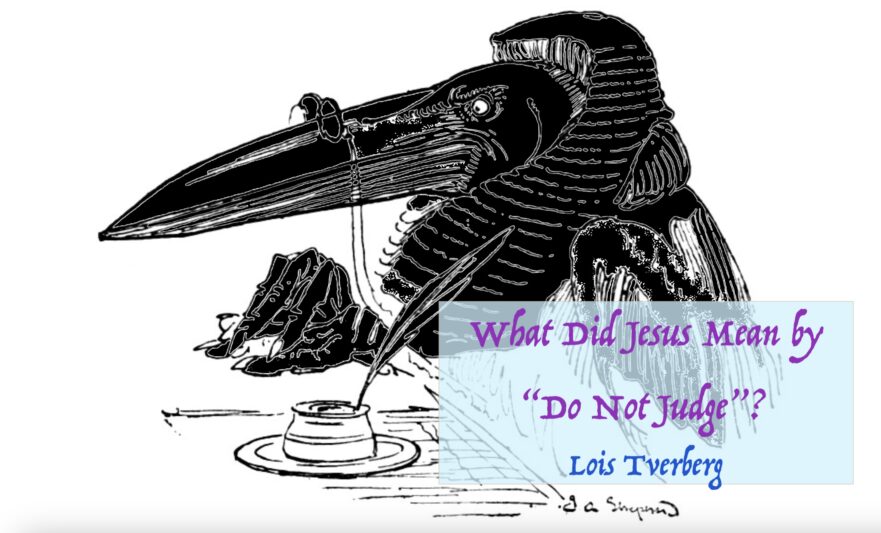
Jesus’ teaching on judging is one of his most frequently misunderstood sayings, sounding as if he is saying, “Have no discernment. Just ignore sin!” Often we struggle to find a way to sort out sin without actually calling it that so that we do not judge. While Jesus’ ethical demands are high, we often give up trying to follow them if they do not make sense to us.
With All Due Respect…

The relationship between a sage and his disciple may be characterized both as that of a father to his son, and of a master to his servant. In effect, a disciple indentured himself to his teacher. Traveling with and attending to him, a disciple remained with his teacher twenty-four hours a day, three hundred sixty-five days a year. The etiquette governing the teacher-disciple relationship is a fascinating subject. In this article, Shmuel Safrai explores one aspect of that relationship: To what extent could an advanced disciple differ from the opinions of his teacher?
Matthew 5:17: “Destroy” the Law
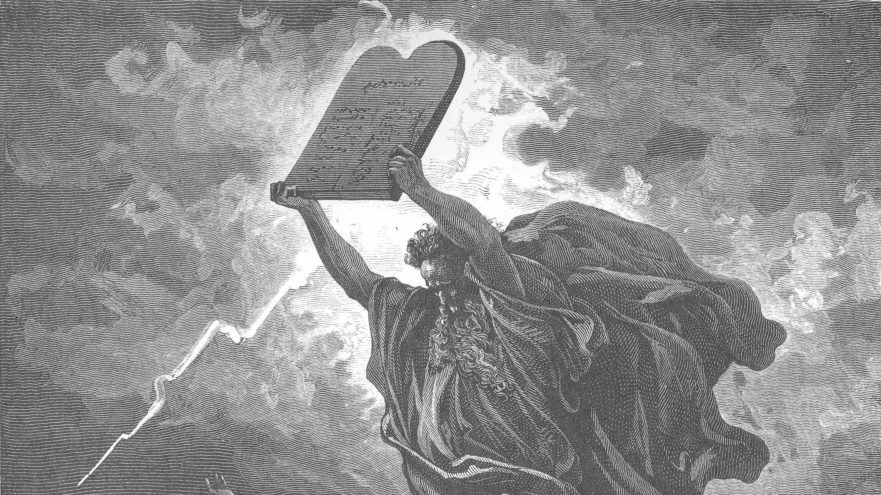
When a sage felt that a colleague had misinterpreted a passage of Scripture, he would say, “You are canceling (or, uprooting) the Torah!” In other words, “You are so misinterpreting Scripture that you are negating or canceling part of it.” Needless to say, in most cases, his colleague strongly disagreed. What was “canceling” the Torah for one teacher was “fulfilling” it for another.

